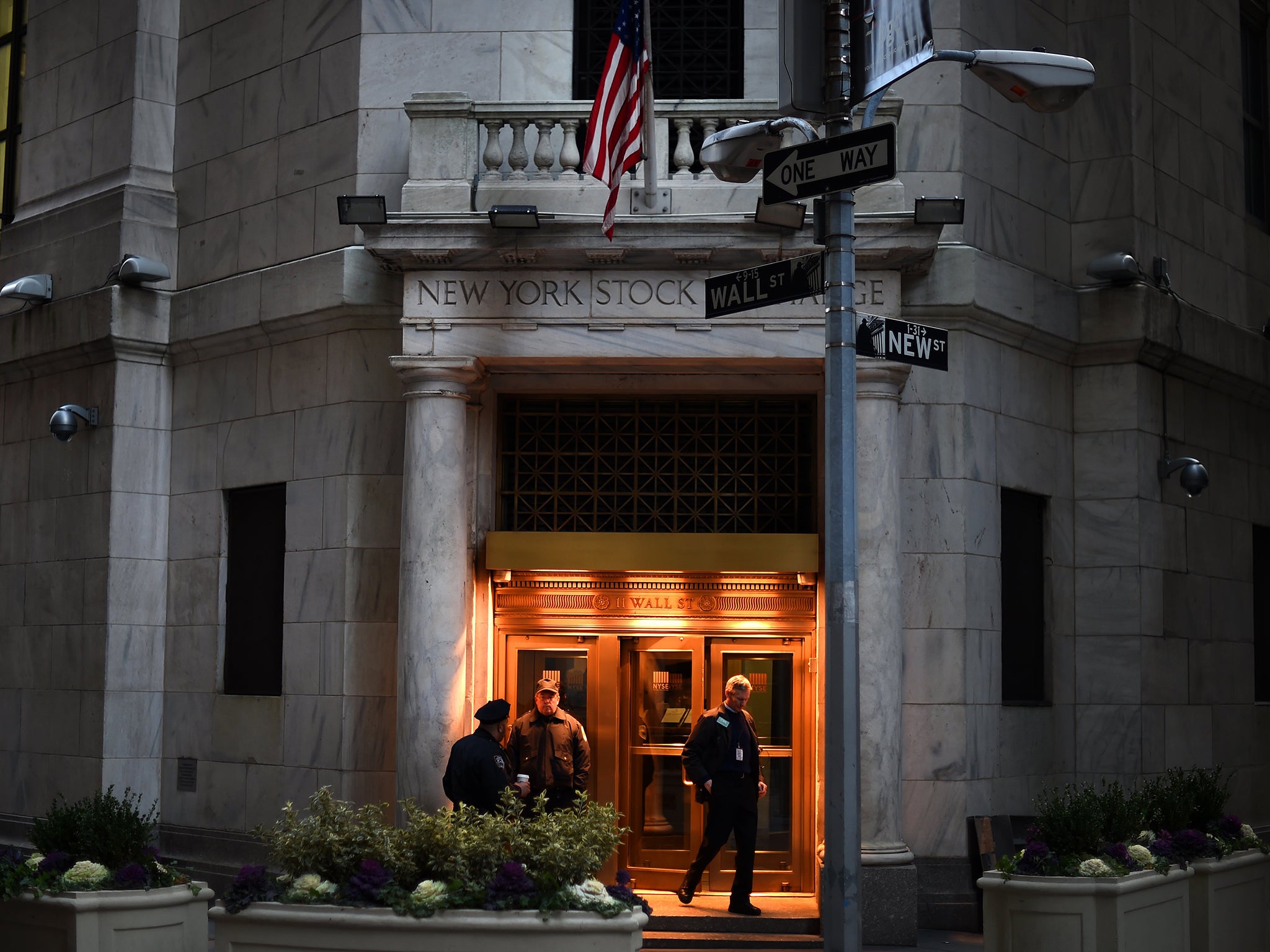Double trouble: trying to match the markets with the global economy
Das Capital : Confident in their ability to juggle grenades, analysts are trying to pick bottoms in weak emerging markets

Mr Market still seems to be suffering from irrational exuberance. He bounced back from the depressive episode of August 2015, though more on short covering than fundamentals, though he is currently suffering a reversal of fortune.
His continued health requires improvement in Mr Economy’s condition, as the twins share vital organs. But Mr Market insists that he doesn’t need growth or inflation to prosper. He told his psychiatrist that financial instruments are not merely claims on real assets and cash flows but represent a separate reality.
Mr Market’s elevated valuation levels are of concern.
The S&P 500 trades at 17 to 18 times earnings, inconsistent with stagnant revenues and slowing earnings momentum. Weak commodity prices weigh heavily on resource companies. Share buybacks, capital returns, unsustainable dividend payouts and debt financed mega-mergers cannot continue to hold up values forever.
Unicorns (start-ups with valuations greater than $1bn) in technology and bio-technology sectors reflect the desperate search for growth and dangerous optimism about prospects. Valuations, such as Uber’s private market valuation of $50bn plus, are not supported by economics but rely on promotion by shrewd principals, venture capitalists and investment bankers.
With negative yields, investing in government bonds requires ever larger negative rates to provide capital gains. Investors who chased higher returns in corporate and emerging market debt face problems. Credit spreads have increased especially in high-yield bonds. They still do not provide adequate compensation for potential future rises in default rates.
Real estate prices have risen sharply, driven in part by the sharp falls in the last crisis. Disillusion with other asset classes, cultural biases which favour property and the inexorable flow of capital fleeing unrest or risk has boosted values, especially in desirable world cities.
Mr Market’s dysfunction is evident in analyst David Rosenberg’s sardonic observation that today investors purchase bonds for capital gains and shares for income.
Mr Economy’s stresses are increasingly being seen in volatile currency values. Countries use a mixture of low interest rates, quantitative easing and direct intervention to manage the exchange rate. It is designed to reduce the value of outstanding debt held by foreigners. It also increases competitiveness and a nation’s share of global exports and growth. Mr Market’s ability to withstand the fluctuations and pressures of such currency wars is questionable.
A stronger dollar will pressure US corporate earnings and competitiveness, in turn affecting equity values and economic activity. A higher US dollar, higher interest rates and tightening global liquidity conditions represent a major challenge for emerging markets. Capital outflows have weakened emerging market currencies. It has reduced the availability of and increased the cost of finance. Weak export revenues, falling currency reserves and unhedged US dollar currency combined with around $9trn of debt will squeeze these economies and drive instability.
Confident in their ability to juggle grenades with their pins pulled out, analysts are trying to pick bottoms in weak emerging markets. They ignore the fact that the recent rise in the US dollar may be part of a longer term trend, which parallels a similar trajectory in the late 1990s which triggered the Asian monetary crisis, Russia’s default, and a plunge in the crude oil price to $10.
Business news: In pictures
Show all 13Much of the improvement in the condition of Mr Economy and Mr Market, especially the later, is due to the administration of ample amounts of vital liquids. The treatment addressed symptoms rather than the underlying disease.
While doctors have not lost hope, they fear that the therapies have reached a point of diminishing returns. Administering more of the same – QE, negative interest rates, additional fiscal stimulus – is increasingly difficult. There are technical challenges as central banks reach operational limits, without a significant change in their rules of engagement, such as the types of assets they are able to buy, and increasing the level of intervention in the functioning of markets. Quantitative easing has morphed into quantitative exhaustion.
The ability to withdraw support already resembles the game of Jenga. Policy-makers fight gravity as they seek to withdraw each block one by one without causing the entire structure to crash. If further actions are undertaken and do not succeed, then the ability to normalise becomes even more difficult, with unknown consequences.
Ludwig von Mises, the Austrian economist, may have been right when he concluded that: “There is no means of avoiding the final collapse of a boom brought about by credit expansion. The alternative is only whether the crisis should come sooner as a result of a voluntary abandonment of further credit expansion, or later as a final and total catastrophe of the currency system involved.”
As a precaution, we are trying to establish whether Mr Economy and Mr Market’s medical cover is fully paid up, and whether he will be able to continue to pay us for the current lavish level of support indefinitely in something more valuable than money.
Satyajit Das is a former banker and author whose latest book, ‘The Age of Stagnation’, will be released internationally this month
Subscribe to Independent Premium to bookmark this article
Want to bookmark your favourite articles and stories to read or reference later? Start your Independent Premium subscription today.

Join our commenting forum
Join thought-provoking conversations, follow other Independent readers and see their replies